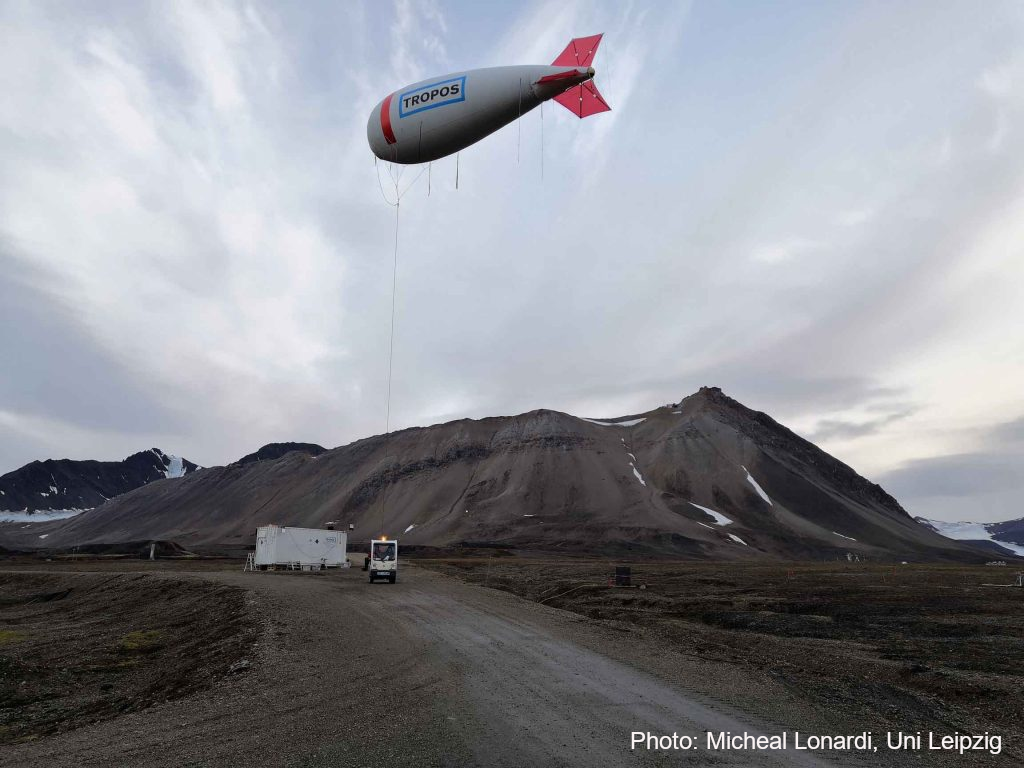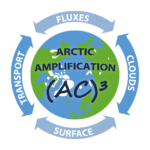HALO-(AC)³ is a research campaign jointly performed by the University of Leipzig, the Alfred Wegener Institute Helmholtz Centre for Polar and Marine Research, the German Aerospace Center, the Leibniz Institute for Tropospheric Research, the Max Planck Institutes for Meteorology and Chemistry, as well as the Universities of Bremen, Cologne, Hamburg, Mainz, and the Ludwig-Maximilians-Universität Munich and international partners.
The German Research Foundation supports this campaign via the Transregional Collaborative Research Center (AC)³ and the Priority Program HALO.
Information and Quotations
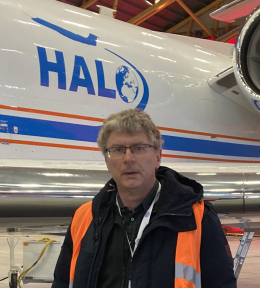
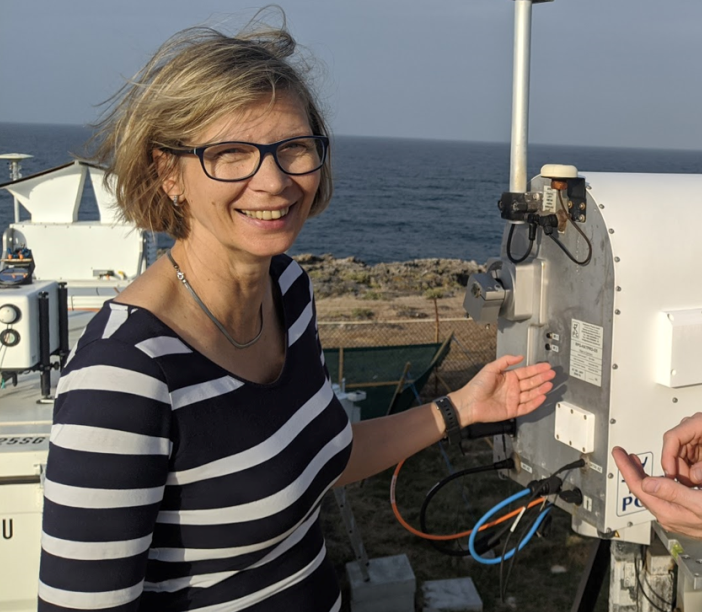
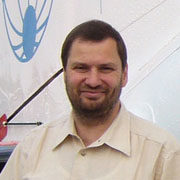
Press Releases
18 March 2022
Joint press release
Leipzig University + Alfred Wegener Institute, Helmholtz Centre for Polar and Marine Research (AWI) + German Aerospace Center (DLR) + Leibniz Institute for Tropospheric Research (TROPOS) + Max Planck Institute for Meteorology (MPI-M) + Hamburg University + University of Cologne + Max Planck Institute for Chemistry (MPIC) + Ludwig-Maximilians-Universität Munich (LMU)
Dramatic warming in the Arctic – HALO-(AC)3 field campaign investigates a worrying phenomenon
In mid-March 2022, the large-scale international HALO-(AC)3 research campaign will begin investigating transformations of air masses in the Arctic. Three German aircraft will be deployed, scientists from the UK and France will also be involved during joint flights with two further aircraft. The team of researchers will be focusing particularly on northwards-flowing warm air reaching into the central Arctic, which are often called warm air intrusions. The counterpart, cold air outbreaks with southwards-moving cold air from the Arctic, will also be investigated. The goal is to investigate the processes causing the above-average increase in temperatures in the Arctic during the last decades. At two to three degrees Celsius over the last 50 years, this increase is much larger than the warming that has taken place in other regions on Earth. This phenomenon is referred to as Arctic amplification. The effects of this increase in temperature are not limited to the climate system in the Arctic, but are suspected to modify the regional weather in the mid-latitudes, as well. Thus, the HALO-(AC)3 campaign aims to contribute to a better understanding of the processes behind the dramatic climate changes that are currently taking place in the Arctic. During the first measuring flights since 12 March 2022 a massive warm air intrusion into the Arctic has been observed. At this event, several unusual phenomena have been detected, such as heavy rain over sea ice and massive clouds, reaching almost as high as in the tropics. With the arrival today of further research aircraft, planned coordinated measurement flights will begin on 19 March 2022, to better understand the complexity of these events.
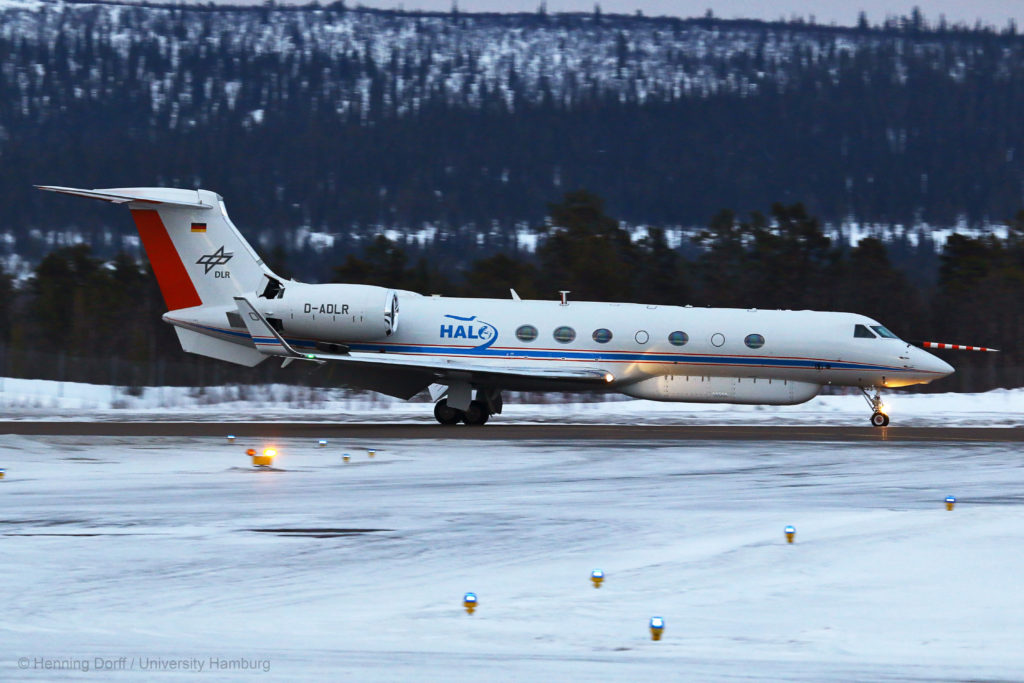

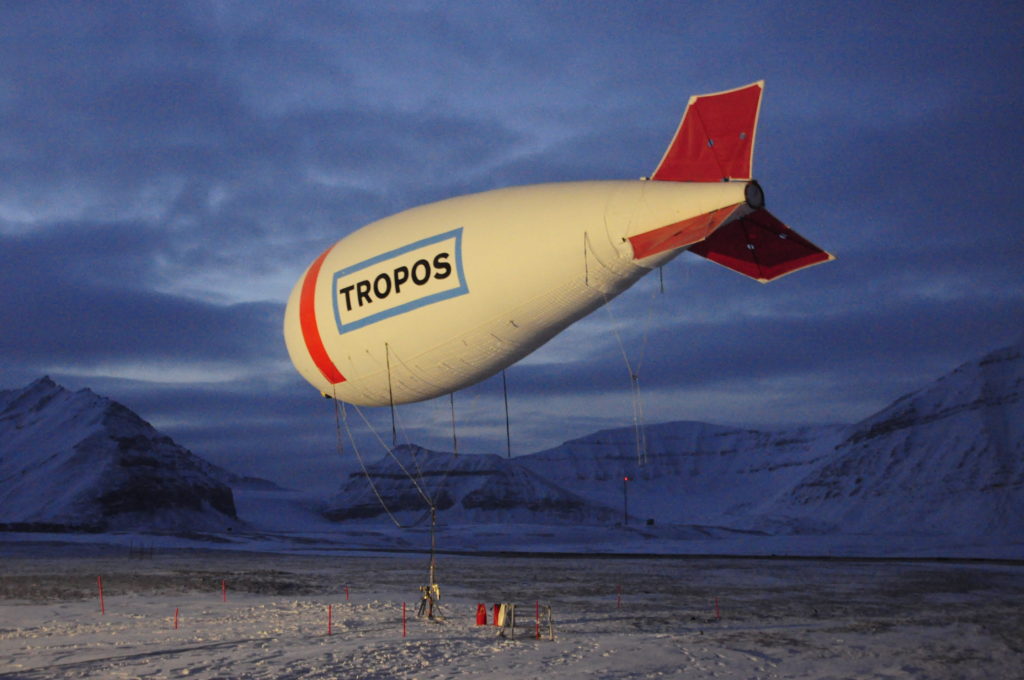
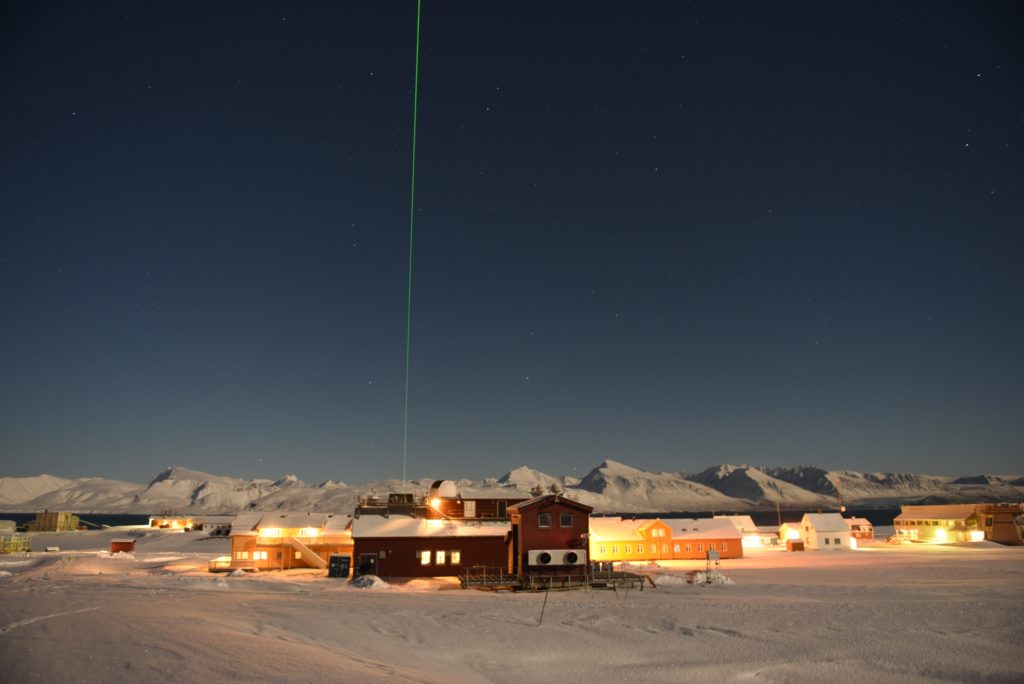
07 October 2021
Leipzig tethered balloon in action on Spitzbergen
TROPOS and Leipzig University measure for the first time in the polar night
Ny-Ålesund/ Leipzig. Researchers from the Leibniz Institute for Tropospheric Research (TROPOS) and Leipzig University are currently using a tethered balloon to study the air layers near the ground in the Arctic, which play a major role in climate change in this region. The measurements should help to better understand the particularly strong warming of the Arctic and to map it more precisely in climate models. After the balloon system already proved itself in the summer on the international MOSAiC expedition, it is now being used for the first time in the Arctic autumn at the AWIPEV polar research station in Ny-Ålesund on Spitsbergen. The balloon measurements are part of the aircraft campaign HALO-(AC)³, which an international team of researchers will carry out in March/April 2022 to observe the transport of warm air into the Arctic and its effects in detail. For the first time, the German research aircraft HALO, Polar 5 and Polar 6 will fly together with the balloon in the Arctic and study the atmosphere in parallel at different altitudes.
Further information:
https://www.uni-leipzig.de/en/newsdetail/artikel/leipziger-fesselballon-auf-spitzbergen-im-einsatz-2021-10-04/
https://www.tropos.de/en/current-issues/press-releases/details/leipziger-fesselballon-auf-spitzbergen-im-einsatz
